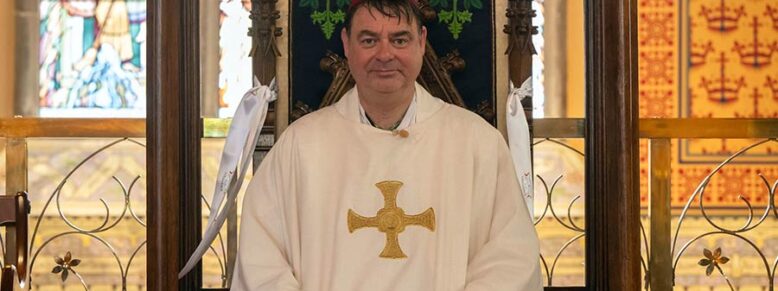Indi Gregory was not simply another tragic case of a very poorly infant nor the latest case of another contentious end-of-life court case, though her case was the latest in a line of cases where courts sided with doctors against the wishes of parents. Indi was a beloved child, and everyone involved in her care wanted the best for her. The problem was they disagreed on what was best. Unfortunately, it is likely that there will be similar cases in the future which is why it is fruitful to reflect on attitudes and principles underlying decision making in these heart-breaking cases.
Read more >>Charlie Gard, Alfie Evans and Indi Gregory: finding the hope











